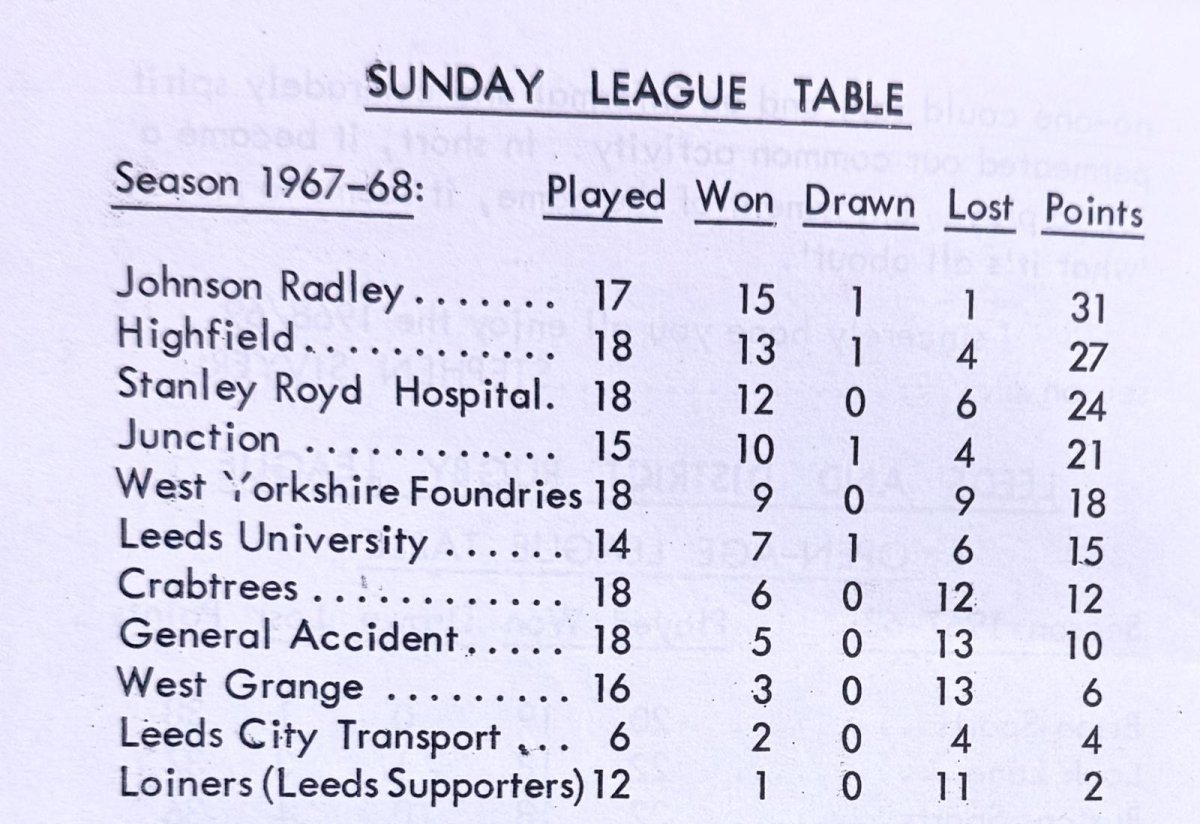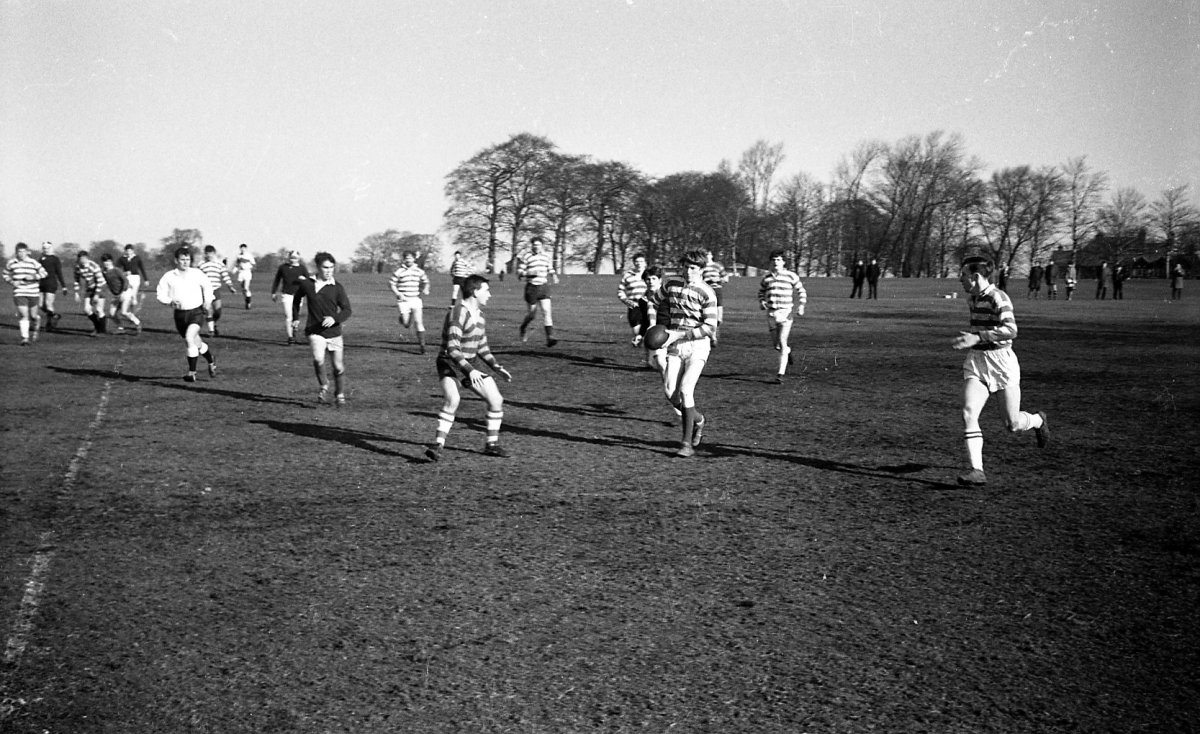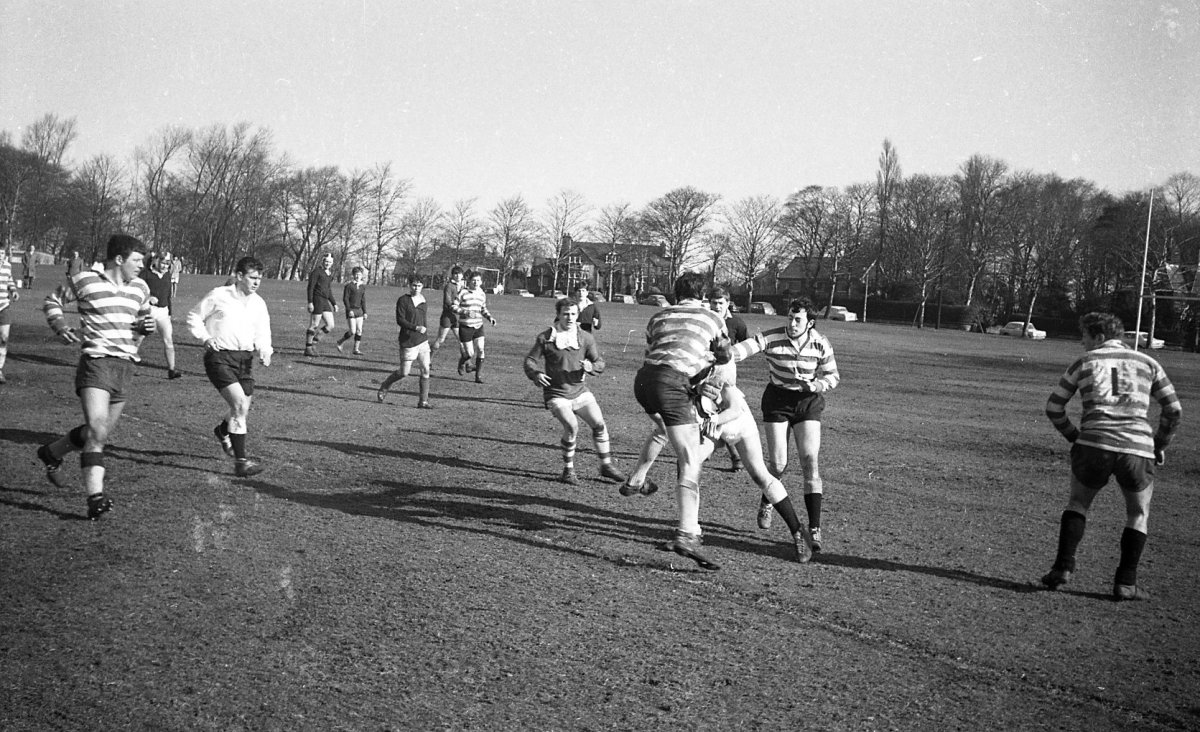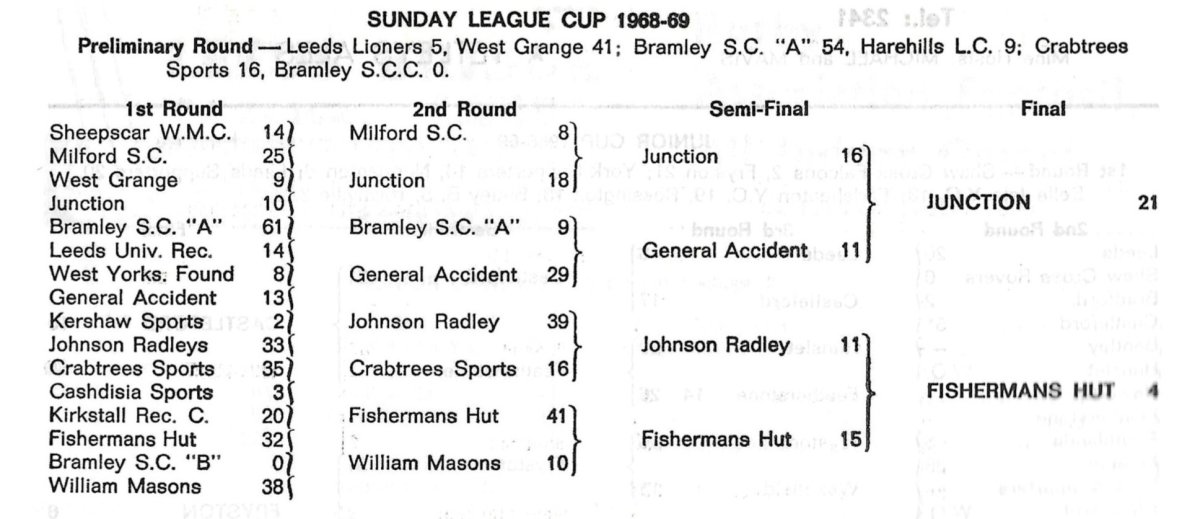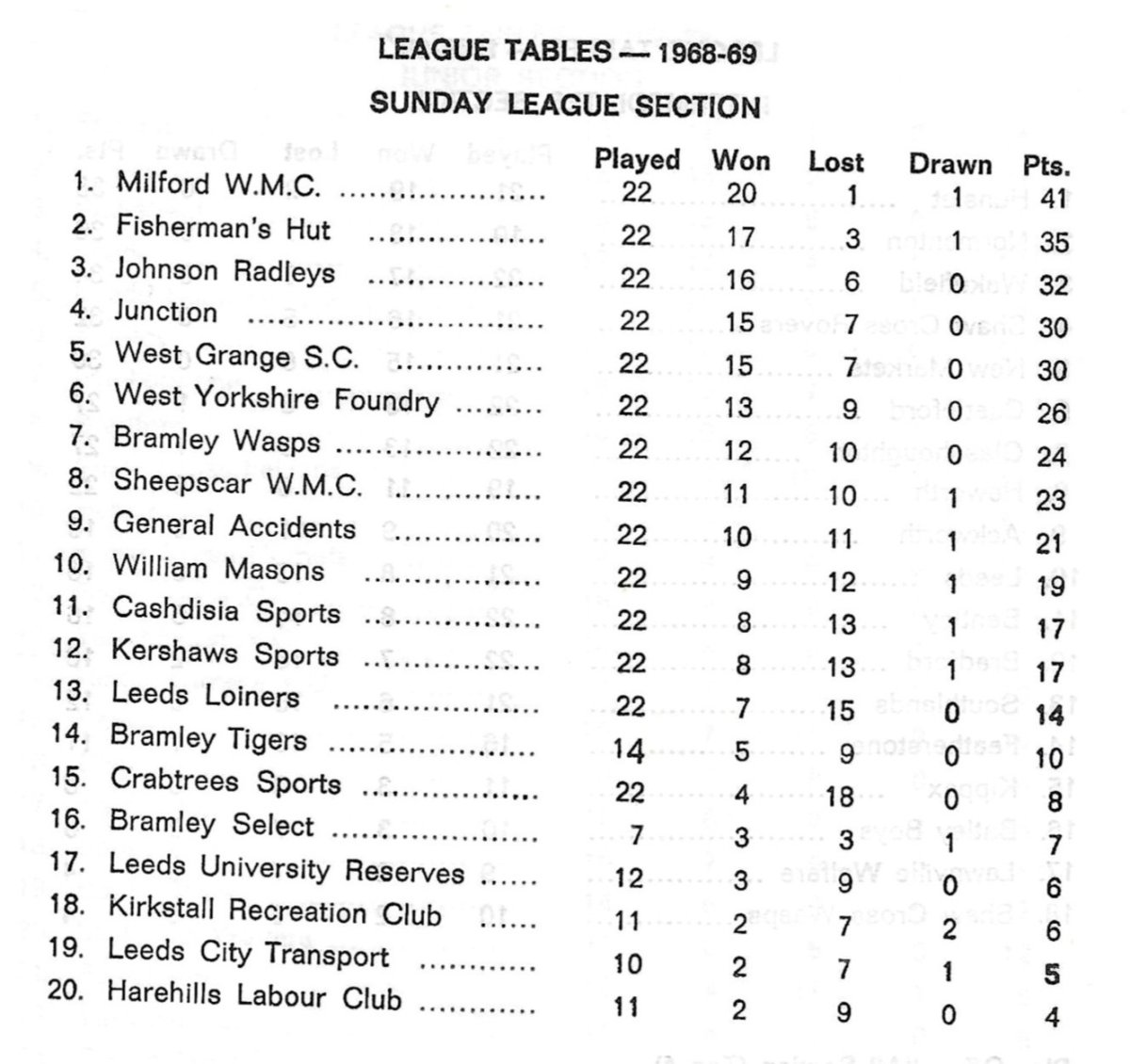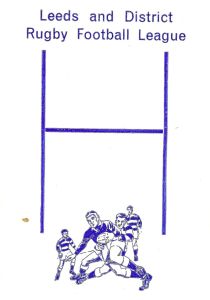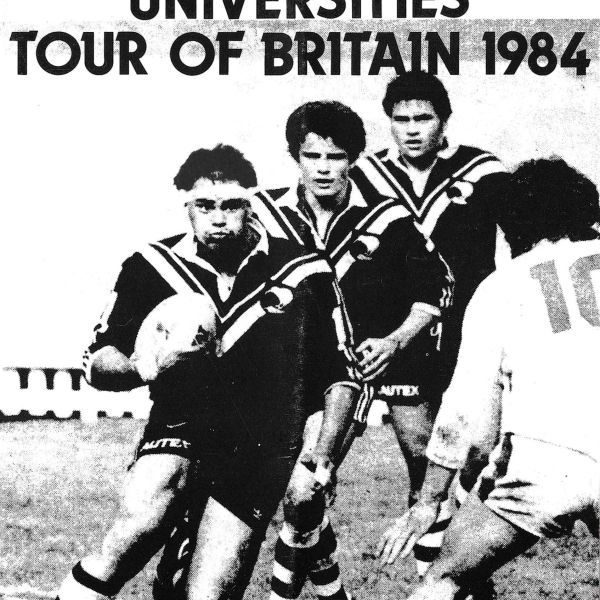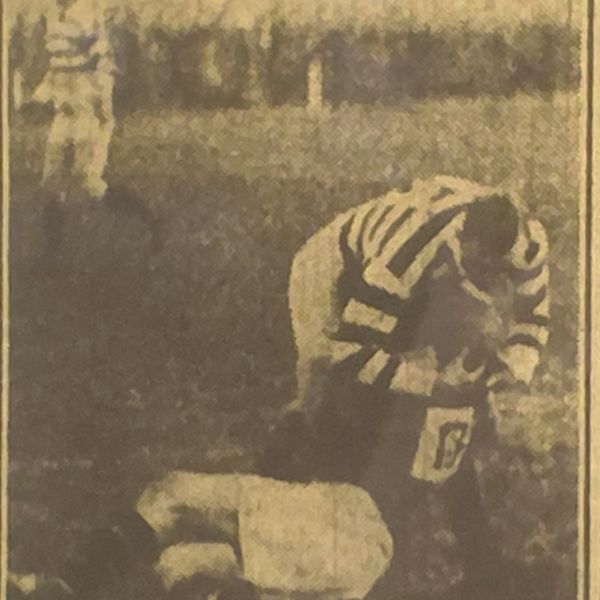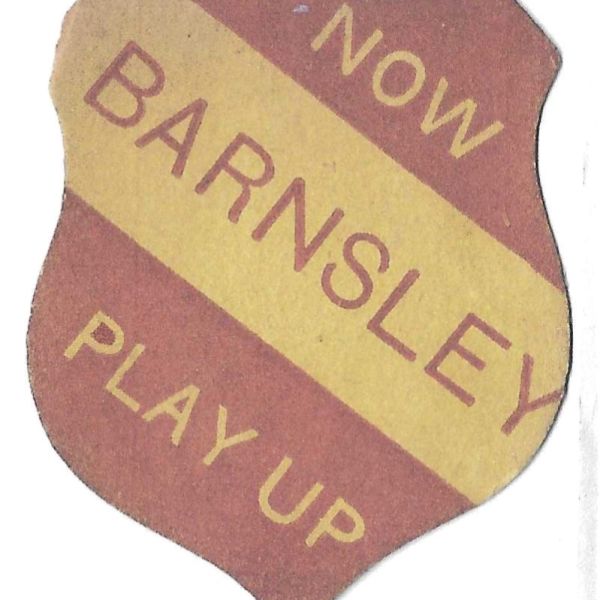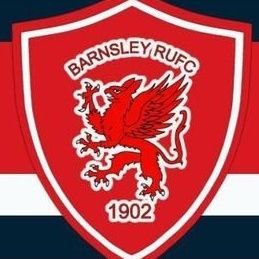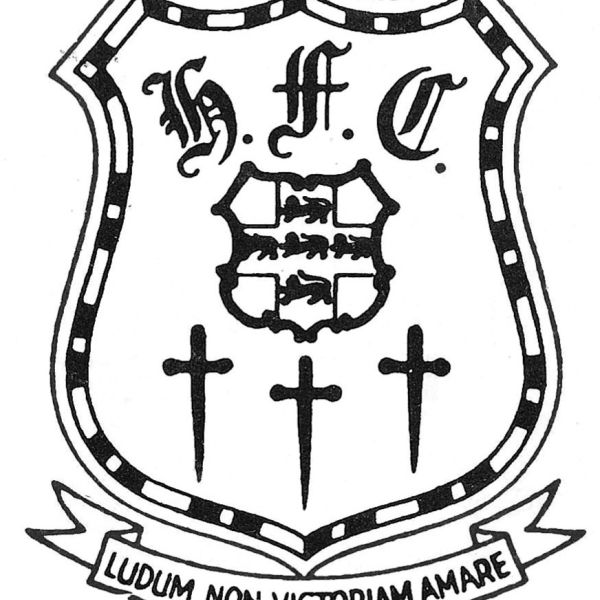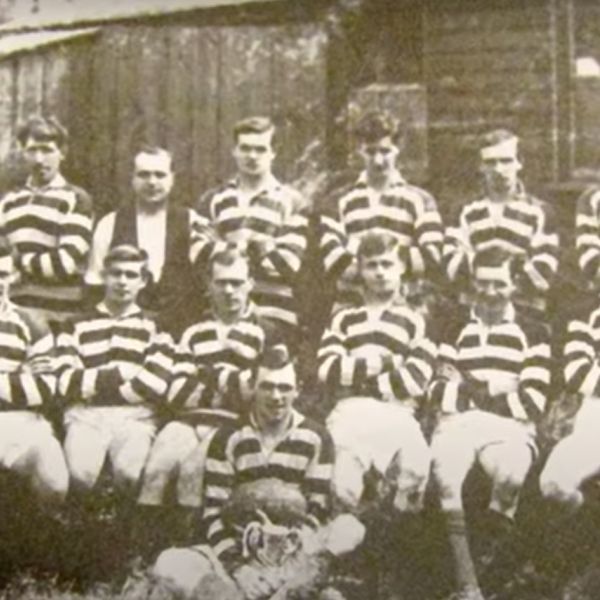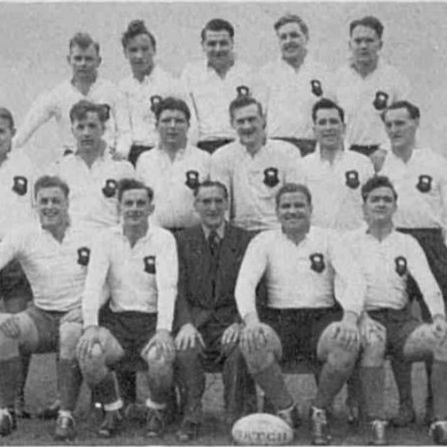In the mid-1960s participation in amateur rugby league was declining. Young players moving from youth rugby into the adult (open age) game often found the transition very difficult. Open age games on Saturday afternoons were very tough and often violent. Many of the amateur clubs that played in the Saturday leagues didn’t think that it was necessary to provide a welcoming environment for young players. It appeared that the view held by many amateur club officials was that if you wanted to play open age rugby league you needed to be tough, aggressive and able to cope with the violence on the field. If you hadn't got those qualities then, perhaps, you should find another sport.
In the 1960s the Rugby Football League gave the impression through its words and actions that its priority was the professional game and that open age amateur rugby league was tolerated, but not really supported.
In 1966 the Leeds and District Amateur League decided something needed to be done in order to boost participation in the open age game. The League officials thought that a Sunday morning competition could be the way to encourage the formation of new clubs and increase participation. Aubrey Casewell, the Leeds League secretary, asked the Rugby Football League (RFL) for permission to set up the new Sunday League, but the request was turned down. Aubrey was told by Bill Fallowfield, the secretary of the RFL, that the bye laws didn’t permit rugby league to be played on a Sunday. Despite the Governing Body’s refusal to approve the league, Aubrey Casewell and the Leeds League committee was determined to press ahead with their plan and in an attempt to get round the bye laws they decided that games should be played eleven a side so that they were not, strictly speaking, rugby league games. After the RFL found out that the Sunday League was going ahead they presumably decided that there was nothing to be gained by pursuing the matter any further. The RFL possibly thought that a few clubs playing in a local eleven a side competition on a Sunday morning wasn’t an issue that they needed to concern themselves with. However, for the clubs planning to play in the Leeds Sunday League reducing the number of players on each team was seen as a positive outcome. The fact that new clubs only needed to recruit eleven players to make up their team would make it easier for them to find enough players willing to play regular fixtures. Despite the RFL’s refusal to sanction the competition the plan to set up the Sunday League seemed to be working. New clubs were being formed based at pubs and clubs and, in some cases, local companies. A lot of the players recruited by these newly formed clubs were young and new to open age rugby league. The clubs played friendly fixtures during the 1966/67 season in preparation for the launch of an eleven club Sunday League in September 1967.
